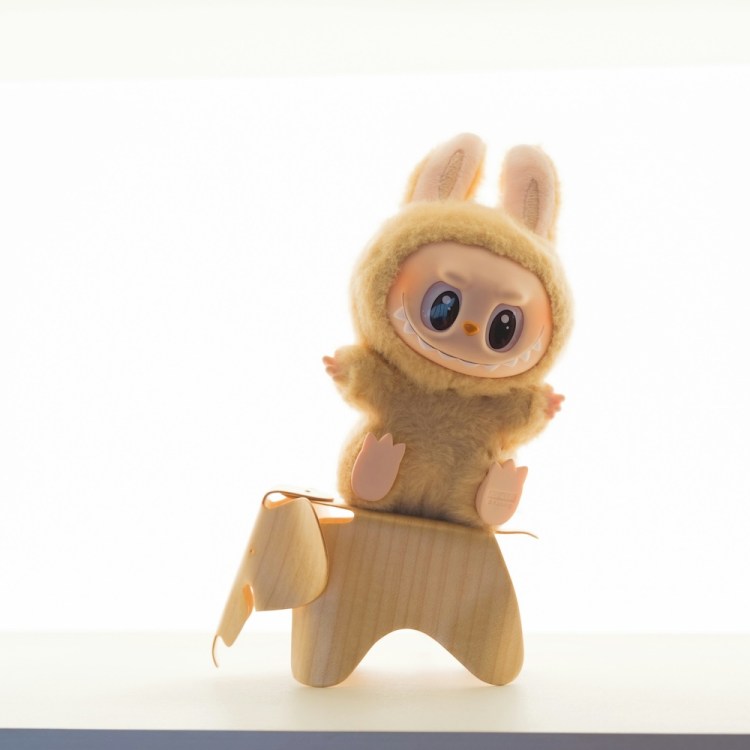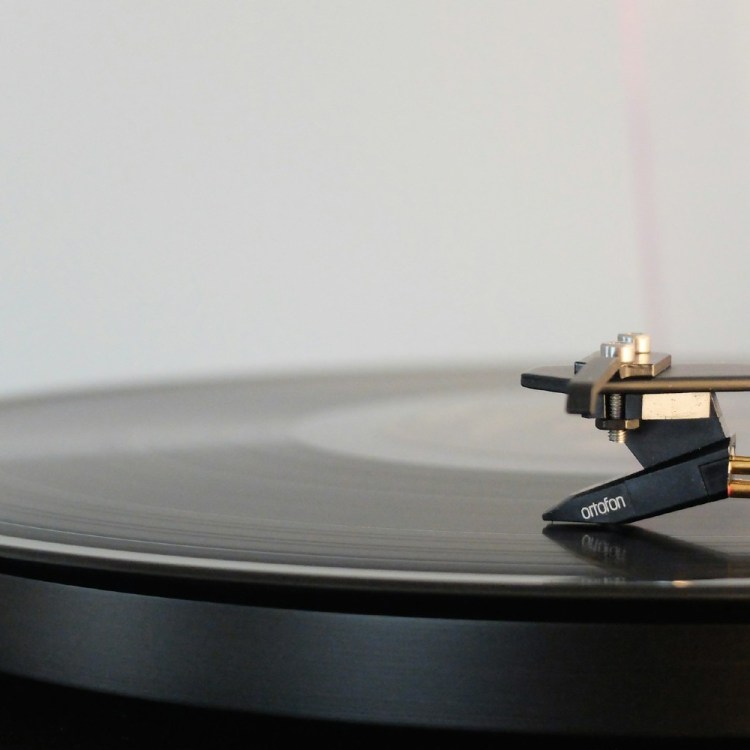An insomnia study led by a neuroscientist at Vrije University in Amsterdam set the record for largest genetic sample size in history, studying the DNA of 1,310,010 people. A new article in the MIT Technology Review explores this study, which received data from the UK Biobank as well as the company 23andMe. Given that insomnia is believed to affect 30 percent of the population, the scope of the research matches the scope of the problem. Though the full results of the research are yet to be published, the scientists behind the study said that the genetic causes they identified for insomnia are similar to those for depression and anxiety. Despite the impressive sample size, researchers have also said that the genetic causes they found account for less than 10 percent of the probability that a person has insomnia.
Thanks for reading InsideHook. Sign up for our daily newsletter and be in the know.



















